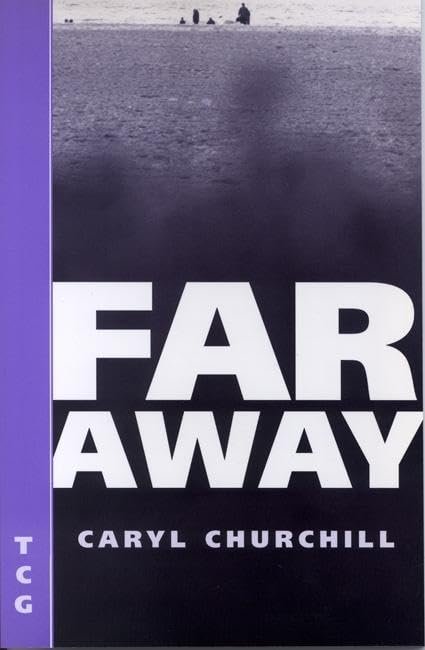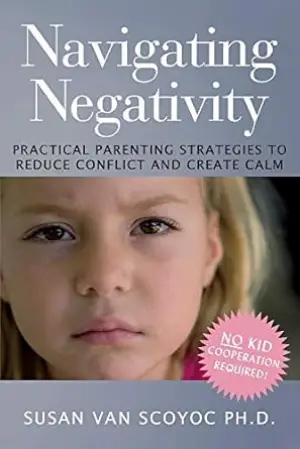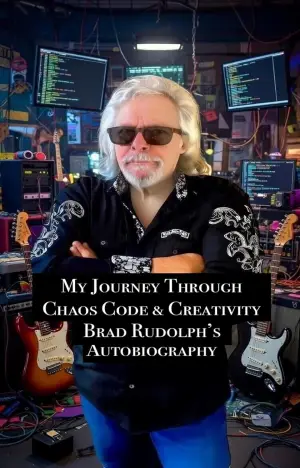A Journey Through the Disturbing and Beautiful in Caryl Churchill’s Far Away
When I first stumbled upon Far Away by Caryl Churchill, I was intrigued by its reputation as a modern classic of theatre—one that blends elements of absurdity with deep political commentary. The title alone felt like an invitation to explore not just physical distance but emotional and existential landscapes. As a lover of plays that challenge the norm, I eagerly dove into this concise, yet impactful work.
The play opens with Joan, a young girl, unraveling the surreal world of adult conflict while questioning her aunt, Harper, about unsettling truths that lay beneath the surface of their seemingly mundane lives. Far Away is a tapestry woven from threads of war, innocence, and the haunting echoes of desolation. Set in a dystopian context where even animals have taken sides in a war, I couldn’t help but feel the weight of Churchill’s words as they painted a landscape rife with chaos. Joan’s observations about the myriad ways of dying—piled bodies caused by everything from coffee to hairspray—linger in my mind long after I closed the book.
The brilliance of Churchill’s writing style lies in its simplicity, creating a stark contrast to the horrendous realities she presents. Her characters’ scant yet powerful dialogues encapsulate a raw honesty that feels both jarring and poetic. As I read, I was reminded of Ben Brantley’s description of the play as both “picturesque” and “deeply disturbing.” It’s a rare feat to evoke such contrasting emotional responses with the same lines.
One particularly striking moment is when Joan muses about the connection between humans and their environment, a metaphorical fabric that stitches together the absurd realities of war and nature. Churchill’s use of language is both mesmerizing and uncanny, stretching the boundaries of what words can evoke. The dialogue sometimes feels like a lullaby twisted into a nightmare, leading readers through a series of evocative images and unsettling metaphors. The idea that “you don’t know what’s going to happen” resonates profoundly, reflecting the uncertainties of our own tumultuous world.
Throughout the play, I found myself grappling with its overarching exploration of humanity’s capacity for both love and destruction—how easily innocence can be swallowed by the chaos of the world. The political commentary is woven in so seamlessly that it demands reflection without overwhelming the senses. It’s as though Churchill whispers truths that are hard to swallow but necessary to acknowledge.
I wholeheartedly believe Far Away will speak to fans of absurdist theatre as well as those who enjoy plays that delve deep into human psychology and societal issues. Its concise format makes it an accessible read, yet the themes it tackles will linger in your thoughts, inviting diverse interpretations. This play is an experience that challenges, disturbs, and ultimately leaves a profound impact.
In short, reading Far Away has not just been an act of literary consumption for me; it has been a profound exploration of existence, war, and what it means to be human. It’s both a fairy tale and a grave warning—one that you won’t want to miss.
You can find Far Away (Nick Hern Books Drama Classics) here >>







